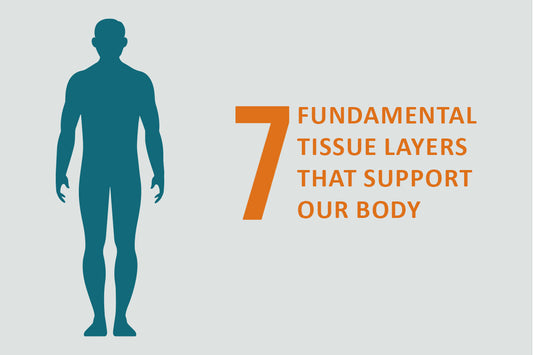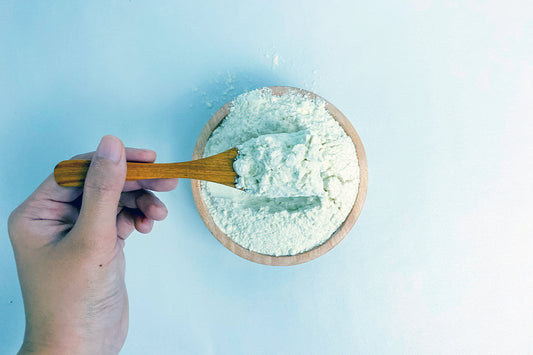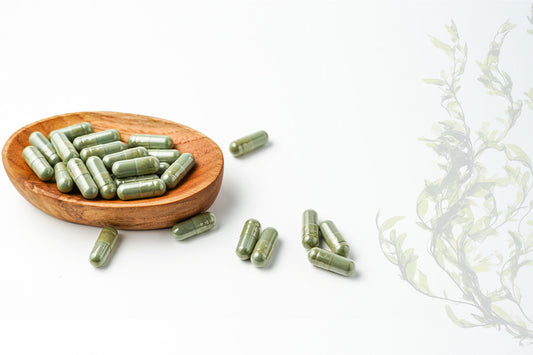In recent years, there has been a growing interest in how exercise and lifestyle choices influence our immune system. The immune system is our body's defense mechanism that helps combat illnesses, and maintain the optimal function which is crucial for overall health. This blog explores the relationship between exercise and immune function, detailing how physical activity can help enhance your body’s ability to ward off diseases.
The Immune System Explained
The immune system is a complex network of cells, tissues, and organs that work together to help protect the body against harmful invaders. Key components of the immune system include white blood cells, antibodies, the lymphatic system, the spleen, the thymus, and bone marrow.
How Exercise Interacts with the Immune System
Exercise is known to have a profound effect on various bodily functions, including the immune system. Here are several ways through which physical activity helps enhance immune health:
1. Circulation and Immune SurveillanceRegular physical activity enhances cardiovascular health, which in turn aid healthy circulatory function. Better circulation allows immune cells and substances to move through the body more efficiently, making it easier for the immune system to detect and respond.
- Enhanced Circulation: Exercise help increase heart rate and supports efficient circulation, ensuring that immune cells circulate rapidly and reach all parts of the body.
- Immune Cell Mobilization: Physical activity helps mobilize immune cells, particularly the white blood cells, ensuring their presence in the circulation and enhancing their ability to detect and combat pathogens.
While healthy inflammatory response is a necessary part of the immune response, chronic inflammation can weaken the immune system. Exercise helps regulate healthy inflammation, striking a balance that allows the immune system to function optimally.
- Easing of Unhealthy Inflammation: Regular exercise can help ease unhealthy inflammatory response in the body, supporting healthy immune system function.
- Anti-inflammatory Effects: Physical activity can help stimulate the production of anti-inflammatory substances in the body, which help maintain healthy inflammatory response.
Chronic stress can have a detrimental effect on the immune system by constantly elevating levels of stress hormones like cortisol. Exercise helps manage these stress hormones, thereby supporting immune function.
- Cortisol Regulation: Regular physical activity helps regulate cortisol levels, easing the lower immune system response due to chronic stress.
- Mood Enhancement: Exercise releases endorphins, which supports health mood and overall mental well-being, indirectly supporting a healthier immune system.
Types of Exercise and Their Impact
Different types of exercise can have varying effects on the immune system. Here’s a closer look at how various forms of physical activity contribute to immune health:
1. Moderate Aerobic ExerciseModerate aerobic exercises, such as brisk walking, cycling, and swimming, are particularly beneficial for the immune system. Engaging in these activities for about 30 minutes most days of the week can help enhance immune function.
- Consistency is Key: Regularity in moderate aerobic exercise helps maintain a steady circulation of immune cells
Strength training, including weightlifting and resistance exercises, also plays a role in supporting immune health.
- Muscle Health: Building and maintaining muscle mass helps regulate body composition, reducing fat, which is associated with chronic inflammation.
- Bone Density: Strength training promotes bone health, which is important for the overall functioning of the immune system.
High-intensity interval training (HIIT) involves short bursts of intense exercise followed by periods of rest or low-intensity exercise. While HIIT can be effective for cardiovascular health, it should be practiced with caution to avoid potential immune lowering effect from overtraining.
- Balanced Approach: Incorporating HIIT into your routine can be beneficial, but it should be balanced with adequate rest and recovery to prevent excessive strain on the immune system.
- Recovery Time: Ensure sufficient recovery time between HIIT sessions to allow the immune system to restore itself.
Potential Risks of Overtraining
While exercise is generally beneficial, it is important to avoid overtraining. Excessive exercise without adequate rest can have the opposite effect, temporarily weakening the immune system and making you more susceptible to illness.
- Signs of Overtraining: Symptoms of overtraining include persistent fatigue, muscle soreness, irritability, and a higher frequency of illnesses. Recognizing these signs is crucial to ease weak immune system function.
- Rest and Recovery: Incorporate rest days into your exercise routine and listen to your body’s signals to ensure it has time to recover and restore its defenses.
Practical Tips for Exercising to Enhance Immune Health
Here are some practical tips to help you incorporate exercise into your routine to support your immune system:
- Set Realistic Goals: Aim for at least 150 minutes of moderate aerobic activity or 75 minutes of vigorous activity per week, complemented by strength training exercises.
- Mix It Up: Combine different types of exercises to keep your routine interesting and cover all aspects of fitness.
- Stay Hydrated: Proper hydration is essential for maintaining overall health and supporting the immune system.
- Healthy Diet: Complement your exercise routine with a balanced diet rich in fruits, vegetables, lean proteins, and whole grains to provide the necessary nutrients for immune health.
- Sleep Well: Ensure you get enough quality sleep, as rest is vital for the immune system to function properly.
Conclusion
Exercise is a powerful tool for enhancing the immune system. By understanding how different types of physical activity interact with immune function, you can tailor your exercise routine to support your body’s natural defenses. Remember to balance exercise with adequate rest and a healthy lifestyle to maintain optimal immune health. Always consult with a healthcare provider before starting any new exercise program, especially if you have underlying health conditions.






